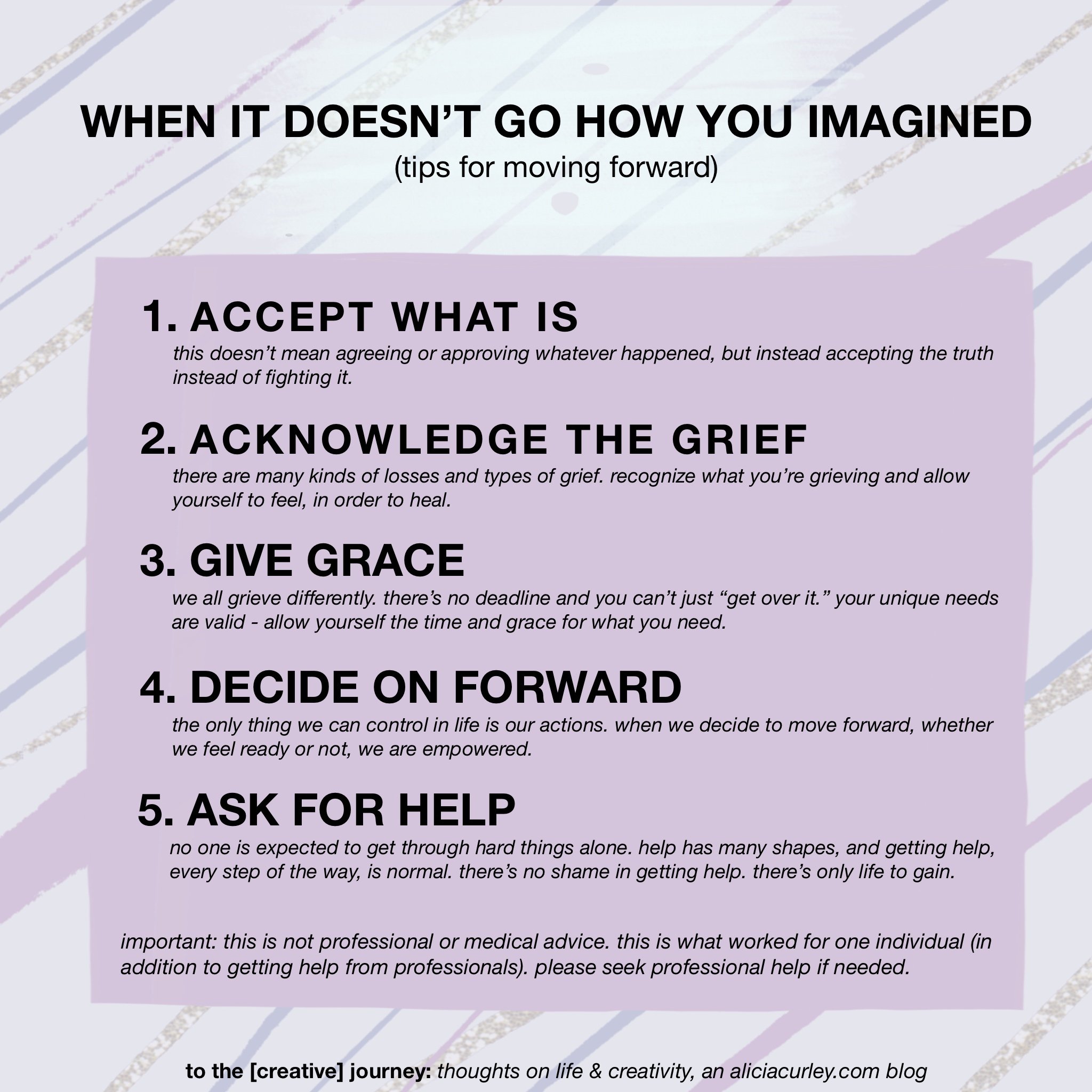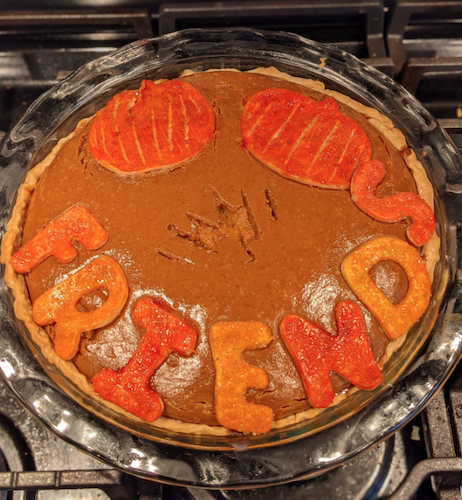It’s been over a year since I left my job. Leaving was a leap of faith. It was an investment in me and my dreams.
But, it hasn’t been the year I imagined. Far from it.
I had imagined this as the year I got my ish together. I’d find clarity on my career path. I’d establish healthy routines. My writing dreams would take flight, and family and friends would be there for it all.
Instead, I’ve been treading in the deep end of grief, mental health challenges, and heartache.
I struggled; caught in the tug-of-war between what this year was supposed to be and what it actually was. And the more I struggled, thinking “it wasn’t supposed to be this way,” the worse the struggle got.
Therapy has taught me that we can’t “win” the tug-of-war playing in our minds. Instead, we can remove ourselves from it, becoming a by-stander able to move forward. So, I removed myself from the tug-of-war, and as a by-stander, I could see the situation objectively. I recognized that to end the struggle I was caught in, I needed to surrender to the truth of what this year, and my life, actually was.
It hurt. Big time.
But it was the only way forward.
It took months to accept everything that had happened this year. It took months to accept everything I had lost. It took months to find a way to see myself in this new chapter in life. It took months to think about what that meant, and what it would look like, to move forward from here. From this place. Now. Not from where I thought I’d be.
I had to acknowledge, and accept, the loss. The actual losses, and the loss of what I had imagined.
I had to grieve before I could dream again.
I’m not alone in these struggles, and when we are in the depths of despair, finding hope is hard, but necessary. So, this is me sharing hope. Because I’m finding my stride again. The pain and grief is still here, but I am better at carrying the weight. I’ll face mental health challenges my whole life, but now I understand them for what they are, not for what my brain tells me they are. And I’m writing, from a place of heartache, but also from a place of joy. And maybe the best part is that I’m damn proud of what I’ve written and what the stories mean to me. In spite of it all, there has been hope in the writing, and someday, I hope to share that writing with the world.
Important note: none of what I’m sharing is professional or medical advice. This is only what worked for me. Please seek professional help if you need it. I did, and it’s a normal thing to do. We’re not meant to get through life alone, and there’s always someone out there who can help. <3
1. Accepting What Is*
Whatever has happened can be unfair and still be true. Accepting what actually is was the first step in moving forward. This doesn’t mean approving or agreeing with what happened, but it means we acknowledge and surrender to the truth, instead of fighting it.
2. Acknowledging the Grief*
Grief is a response to loss, and there are many kinds of losses and types of grief. Recognizing what you’re grieving (death, life stages, relationships, pieces of identity, anticipatory grief, etc) can help you understand what you need, and allow yourself to feel the pain. As awful as it is, feeling the pain is part of healing.
3. Giving Grace*
Everyone experiences grief differently. Your unique needs are valid. There’s no “deadline.” There’s no “getting over it.” Try your best to ignore those unhelpful platitudes and focus on what you need.
4. Deciding on Forward*
The only thing we can control in life is our actions. Moving forward is a conscious decision. It is a choice. When we decide it’s time to move forward, whatever that looks like for us, we are empowered.
The * On Steps 1-4: Ask For Help
You are never alone. You’re not expected to get through hard things alone. Help has many shapes; family, friends, larger community, licensed professionals, therapy, medication, etc. Every step of the way, in every life stage, getting help is normal. If reaching out to a licensed professional is too hard on your own, ask a trusted friend or family member to assist. There’s no shame in getting help. There’s only life to gain. <3
Another reminder: none of this is professional or medical advice, this is only what worked for me. Please seek professional help if you need it.





